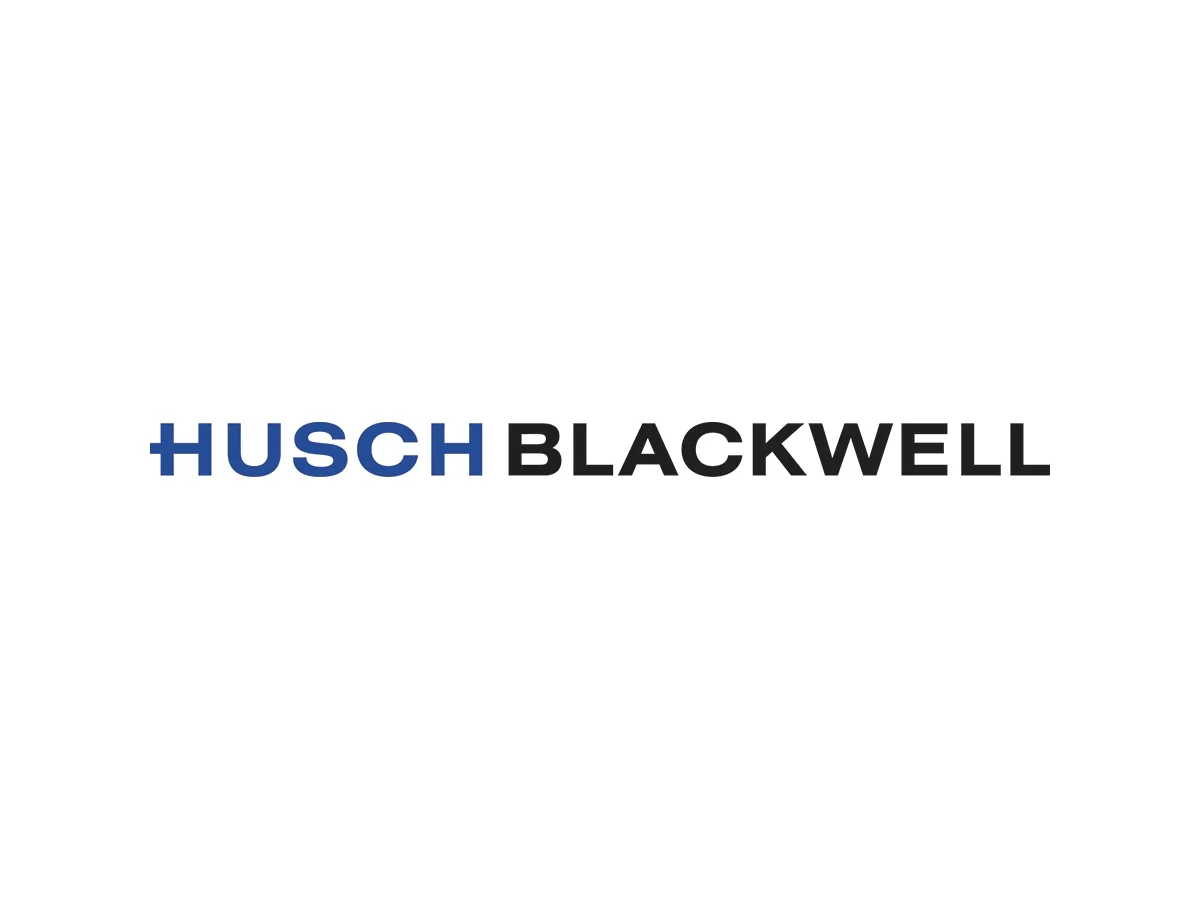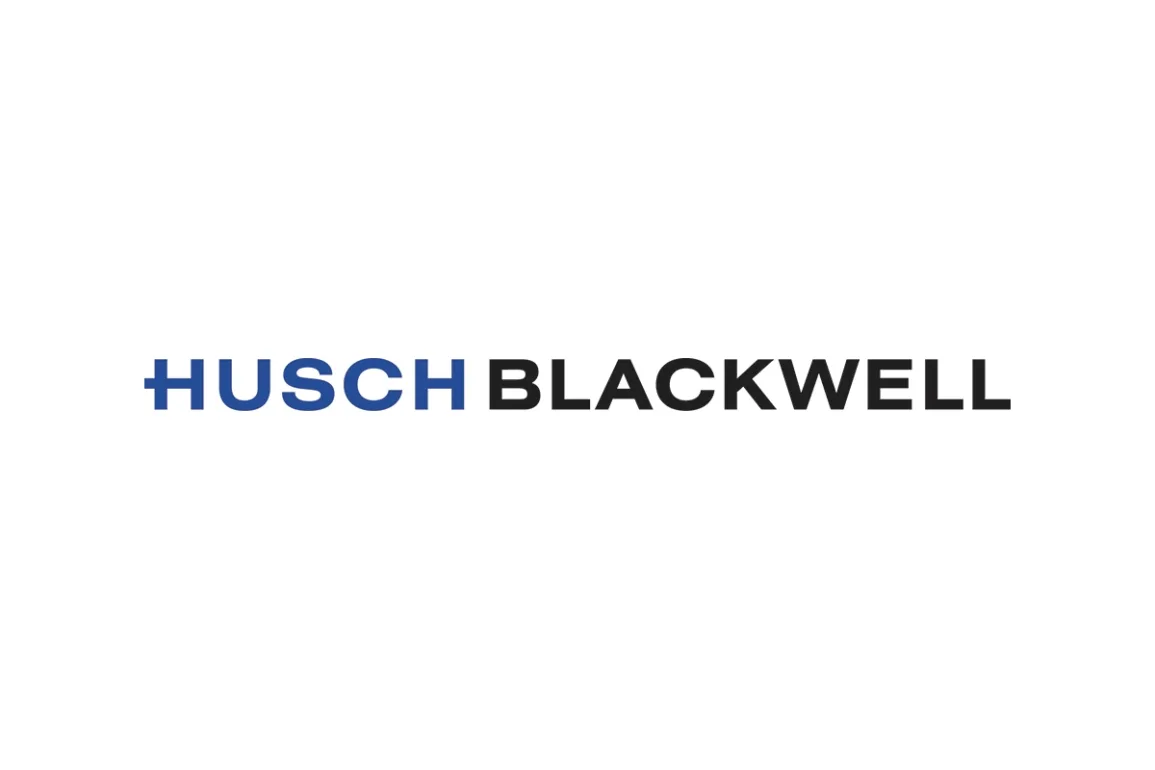
On the heels of the United States Supreme Court’s decision limiting affirmative action in college admissions, we have seen an increase in workers who do not belong to historically underrepresented demographic groups filing lawsuits challenging their employers’ diversity, equity, and inclusion (DEI) programs.[1] As a result, some businesses may wonder: Are our DEI efforts worth the legal risk? For most businesses, the consensus answer appears to be “yes.”
These reverse discrimination lawsuits offer suffer from similar flaws. Some cases are premised upon untested and potentially unsound legal grounds, such as novel interpretations of civil rights laws, and others are factually rooted in allegations of employer misconduct and supervisory concerns, not DEI programs.
For example, one lawsuit filed in August 2023 against Morgan Stanley alleges that a White male employee was terminated and replaced by a Black female to comply with the company’s DEI goals. Two other lawsuits against Perkins Coie and Morrison Foerster attack the law firms’ diversity fellowships which aim to recruit diverse employees.[2] All three cases claim that these DEI efforts and/or actions violate Section 1981 of the 1866 Civil Rights Act, which bars race discrimination in contract formation.
A plaintiff filing a Section 1981 claim may face many obstacles, especially in this novel context:
- In Comcast v. National Association of African American-Owned Media (2020), the Supreme Court held that Section 1981 claims require race to be the central cause—not just a motivating factor. Plaintiffs face a high burden of proof, especially considering the multitude of non-racial justifications for DEI programs, like talent recruitment, workplace inclusiveness and cohesion, and preventing racial harassment and discrimination.
- Some plaintiffs, including those filing suit on behalf of others, also risk dismissal for failure to identify a specific individual who was harmed by such programs. The Southern District of New York already dismissed one such DEI action (Do No Harm v. Pfizer Inc.) on these grounds in 2022.
At least one federal court has already shown strong disapproval of DEI challengers who use the courts to press their own personal agendas. In National Center for Public Policy Research v. Howard Schultz (Starbucks), out of the Eastern District of Washington, a think tank challenged Starbucks’ DEI hiring goals as breaches of fiduciary duties to Starbucks shareholders. Notably, the plaintiffs did not represent the majority view of the shareholders and represented only 56 of Starbucks’ approximately 1.15 billion shares. In a strongly worded order, the federal district judge condemned the plaintiffs for “obvious vindictiveness” and pursuit of “personal interests rather than those of Starbucks” and dismissed the case.
Other reverse discrimination cases exist in a “DEI-adjacent” sphere where the root issue is not actually DEI programs. Instead, the central issues in these cases boil down to alleged employer misconduct.
For example, in Pelishek v. City of Sheboygan out of the Eastern District of Wisconsin, the plaintiff, who was terminated after he repeated a racial slur, alleges that he was “set up” by city officials to be labeled a “racist.” The plaintiff claims that he was subjected to a hostile work environment and retaliated against because his supervisor forced him to turn over some of his duties, threatened him with discipline for noncompliance, and prevented the plaintiff from expressing his concerns to private citizens and legal counsel. While DEI may appear to be central here, a closer look reveals that the true issue in this case was alleged supervisor misconduct. The complaint details potential issues with the employer’s treatment and supervision of the plaintiff instead of any problematic DEI policies. The DEI “hook” in this case appears to be a mere proxy for the actual substantive allegations of poor supervision and management.
Despite this new crop of lawsuits, employers should remember that nothing has legally changed (at least for now). Properly implemented DEI programs remain permissible under Title VII, and statistics show that they frequently increase employee morale, help with recruitment and retention efforts, and drive better business outcomes. In other words, it remains “business as usual” for employers who hope to maintain their existing DEI programs.
[1] These lawsuits are sometimes referred to as “reverse discrimination” lawsuits.
[2] These lawsuits have since been dropped after the two law firms elected to open their diversity fellowships to all law students without regard to race or “historically underrepresented” status.
[View source.]


